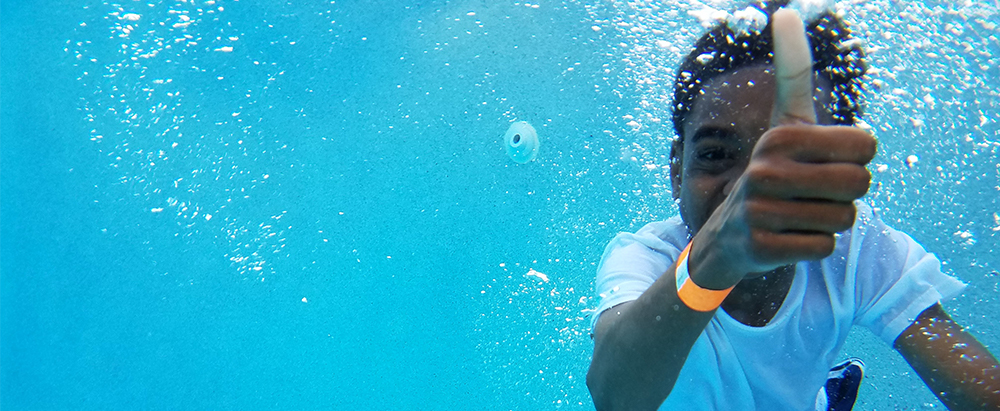Chlorine Sensitivity versus Allergy

By: Dr. Grace Ryu
Now that summer is in full swing, exposure to chlorine increases due to swimming pool use. You may notice trouble breathing, rash or runny nose when swimming. You may wonder: are you allergic to chlorine? The answer is no, but you could be sensitive to chlorine. Chlorine sensitivity can manifest as skin issues, respiratory or nasal symptoms.
Skin problems can present as itchy red skin or hives (itchy raised patches). Chlorine can also cause a flare of eczema (atopic dermatitis) or help calm eczema. To treat skin issues, wash the skin with clean nonchlorinated water to remove the chlorine. Occasionally, steroid creams maybe needed. For hives, Benadryl or similar medications are helpful.
Respiratory problems can present as: a cough that is worse at night after swimming, shortness of breath/cough with swimming, as well as wheezing or chest tightness. If any of these symptoms occur, seeing an allergist to make sure it is not exercise-induced asthma is a good idea. Several studies of elite swimmers suggest that chronic exposure to chlorine increases airway inflammation and airway hyperresponsiveness (constriction of airways). These changes seem to decrease with discontinuation of high level training.
Nasal symptoms consisting of runny nose, sneezing, nasal congestion and itching may be due to the irritant nature of chlorine; but it could also be due to seasonal allergies. If allergy testing is negative, using a nose clip when swimming may help. A study looking at swimmers with non-allergic rhinitis using nose clips and a control group swimming without nose clips revealed less nasal inflammation and symptoms in the nose clip group. So avoiding direct contact with chlorine can help symptoms. Other studies indicate that chronic chlorine exposure may increase the risk of developing allergies.
If you experience nasal symptoms similar to allergies, asthma, or exercise-induced asthma then see an allergist to help you control your symptoms so you can continue swimming.
Source: American College of Allergy, Asthma & Immunology, Journal of Allergy and Clinical Immunology, American Academy of Allergy Asthma & Immunology.
